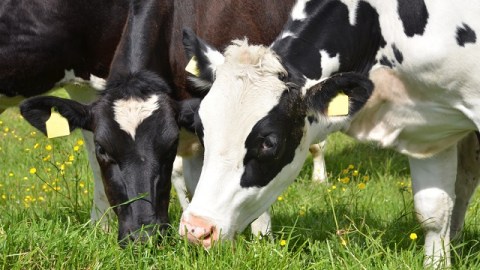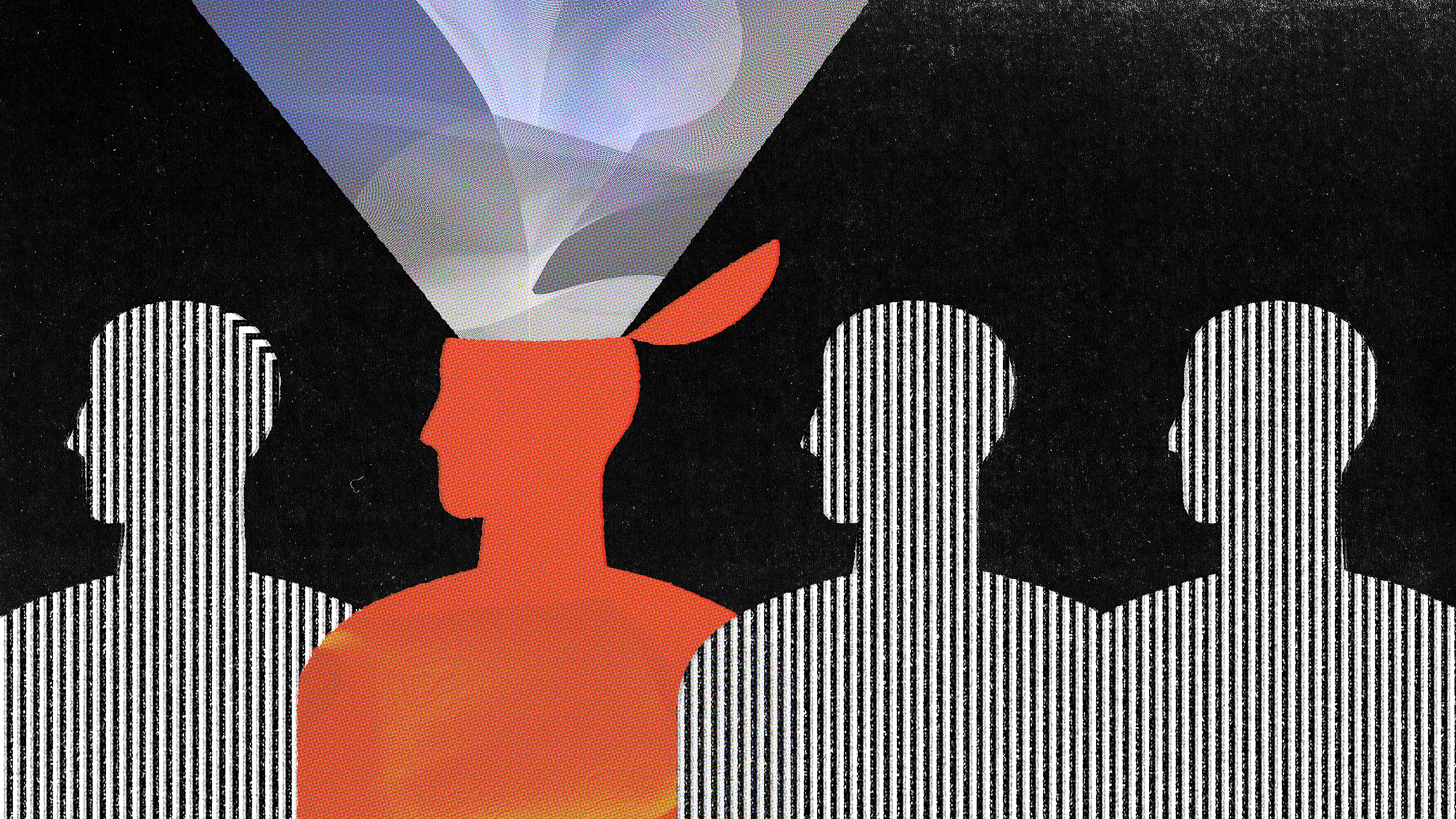Hacking The Meat Industry

What’s the Latest Development?
Late last month, about 300 people gathered at Stanford University to participate in Hack/Meat Silicon Valley, a two-day event that followed a model commonly used for tech-based hackathons. Given a series of real-world challenges in the meat industry, participants listened to experts in various fields, and then worked in teams to create and present their own innovative solutions. The best ideas were chosen by a panel of judges, and the teams received support to help them with further development. The top team won with a software design that will bring together new farmers and available farmland.
What’s the Big Idea?
The event was hosted by Food + Tech Connect, which “is examining ways that technology can impact the environment, the economy and public health through food.” Its founder, Danielle Gould, says they chose to put focus on meat for several reasons, not least of which is the desire “to level the playing field between small producers and giant ones.” One of the event sponsors, Applegate Farms, hopes that the innovations grown there will help them bring more organic and grass-fed meats to consumers, and that the use of technology will encourage younger farmers in particular to try out new ideas.
Photo Credit: Shutterstock.com




